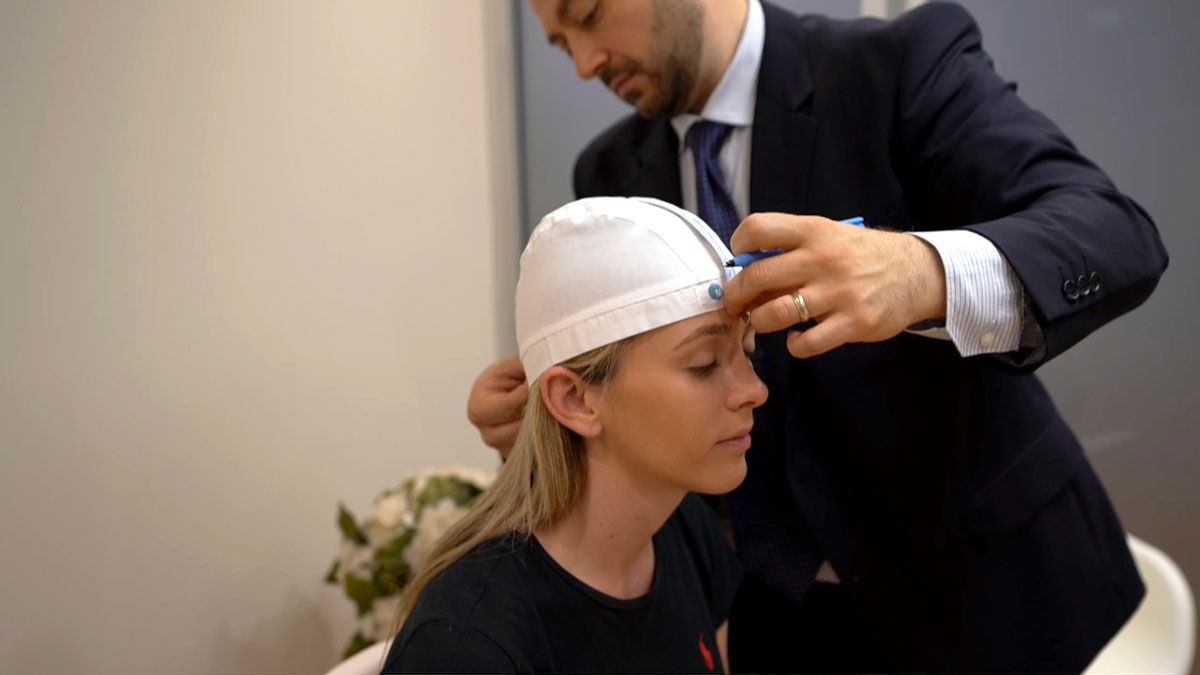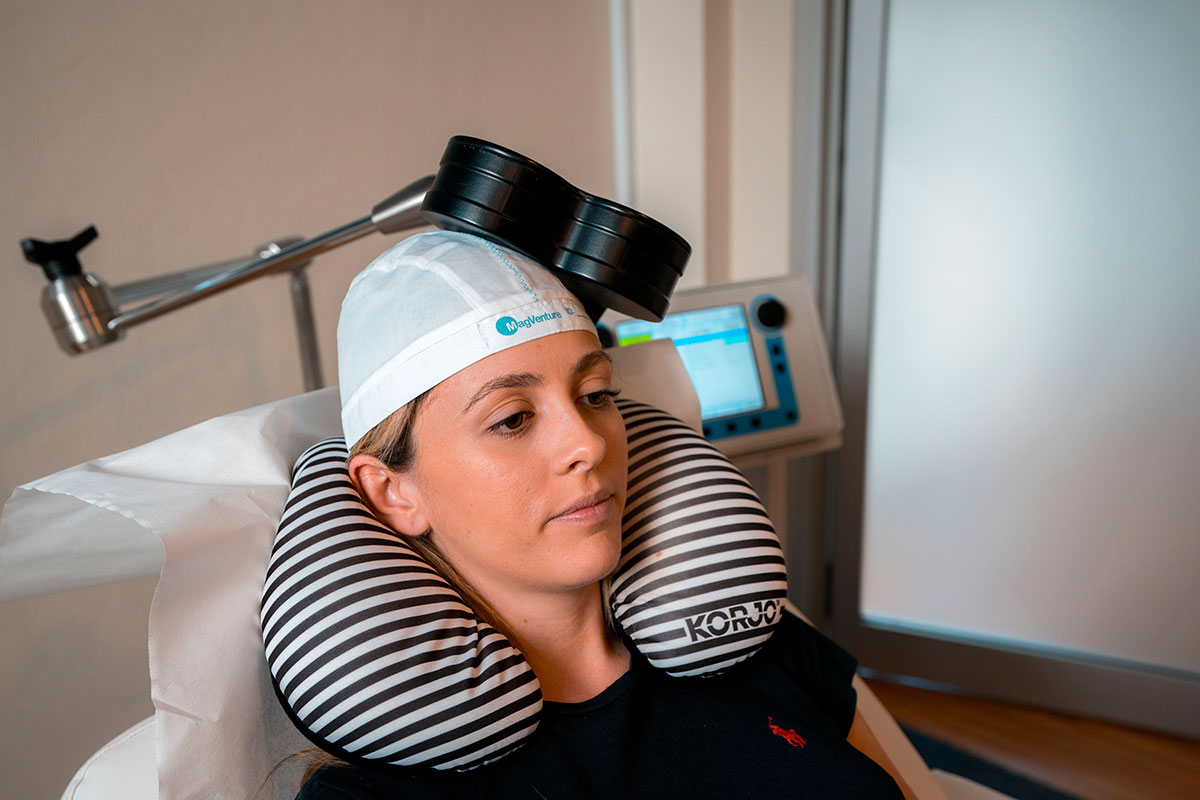- Home
- About
- For Professionals
- Info
- GP Referral Form for TMS Clinic
- Theta-burst stimulation and TMS
- What is Transcranial Magnetic Stimulation?
- Is TMS for Me?
- How Does TMS Work?
- Goldberg’s Depression Test
- Depression Treatment Options
- rTMS vs TMS
- Who is TMS Suitable For?
- TMS treatment for OCD
- What to Expect from Stimulation Therapy?
- Why Choose Us?
- What Will Treatment Cost Me?
- TMS Side Effects
- Videos
- NEWS
- FAQs
- Contact


